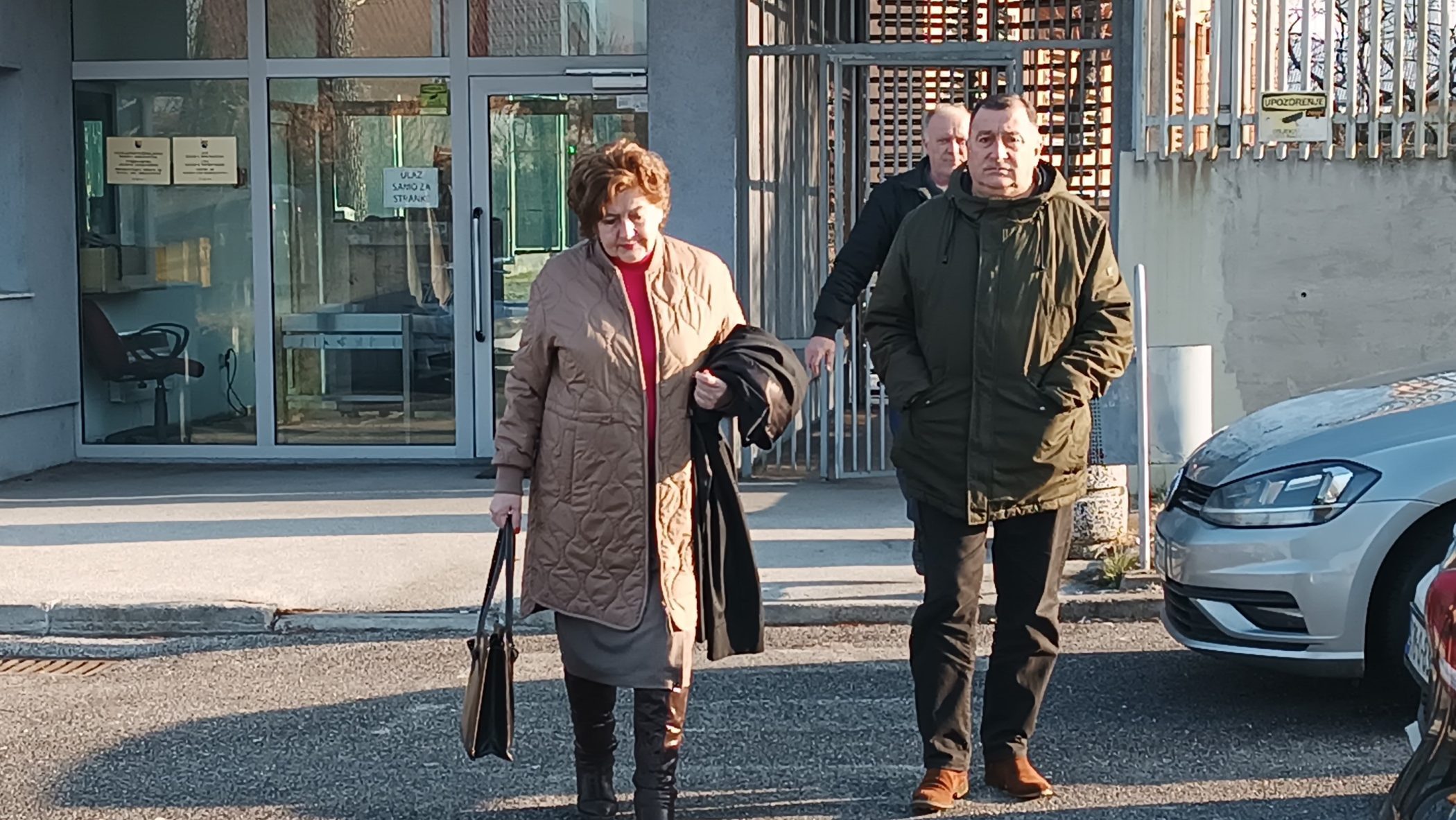He recalled that the brigade contacted him by a telegram that month and said that soldiers were needed to kill men from Srebrenica in Rocevici. He and Acimovic were called for a meeting.
Prosecutor Ibro Bulic reminded the witness that during the investigation he said that that Acimovic called him to a meeting about this and told him about the telegram.
The witness replied that he was “confused” at the time he gave the earlier statement.
He said that Acimovic said he did not agree with the contents of the telegram.
“Acimovic got the telegram first. He refused to send men and said he did not have enough. Then came a second telegram which went to the commanders of the divisions and ordered them to send men for the killings,” said Stjepanovic.
He added that Acimovic told him after the meeting to try to get the Bosniaks released.
“He said that he went to Rocevici and tried to save the men, but the soldiers there drew guns on him,” said Stjepanovic.
Srecko Acimovic, the former commander of the Second Battalion of the Bosnian Serb Army’s Zvornik Brigade, is accused of taking part in the illegal detention of Bosniak prisoners from Srebrenica in Rocevici in July 1995.
The prisoners were taken, blindfolded and bound, to a location on the Drina riverbank in Kozluk, where 1,040 men were killed and their bodies were buried in the sand nearby, the prosecution alleges.
In a separate trial on Wednesday, the Bosnian prosecution finished presenting its evidence in the case against Mile Puljic, who is accused of wartime crimes against Bosniaks in Mostar.
Adi Fejzic, the final witness, said that in 1993 he was sent out on a work details from the Heliodrom detention camp, where he was being held.
“Mostly we fortified positions. Each morning at five or six, they took us and gave us shovels to work. Guards from Heliodrom lined us up,” said Fejzic.
The witness said that he was injured by shrapnel while working and was then released in September 1993.
Former Croatian Defence Council fighter Mile Puljic was indicted for involvement in wartime crimes against Bosniaks, including arrests, torture and using people as human shields on the frontline.
Puljic, a former commander of the Second Battalion of the Second Brigade of the Croatian Defence Council in the Mostar area, is charged with crimes against humanity for allegedly participating in a joint criminal enterprise which involved forced disappearances and arrests of Bosniaks who were then held in prisons and detention camps.



